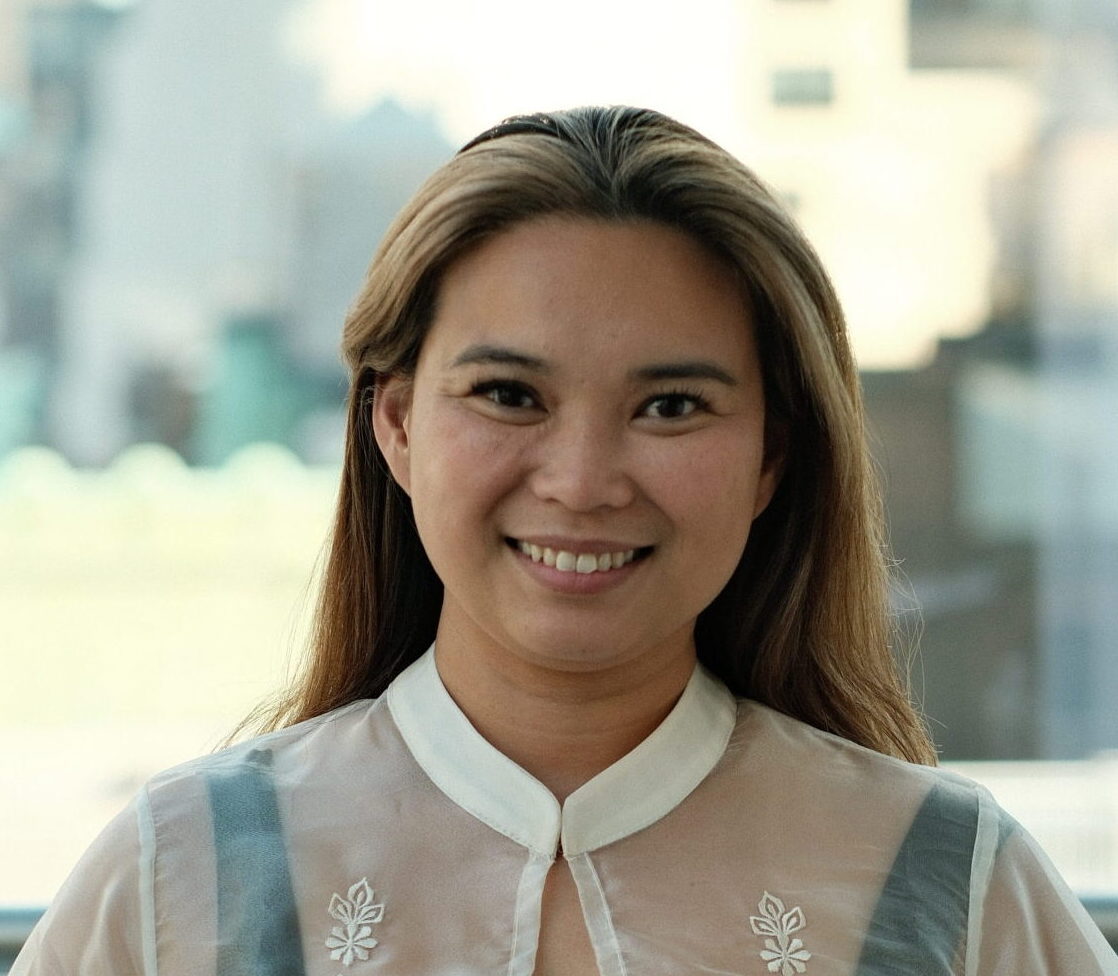“I don’t think there will be any technological advance that will impact our grandchildren as much as artificial intelligence.” In the opening keynote conversation at Partnership on AI’s 2024 Partner Forum, Eric Horvitz, Chief Scientific Officer at Microsoft and PAI Founding Board Chair, shared this thought and set the stage for a day of conversation on how to ensure AI advancements benefit people and society.
The Forum brought together our cross-sectoral community of Partners and collaborators to share their expertise, insight, and reflections. Hosting the event in December provided the opportunity to look back at this year’s milestones in AI and beyond, as well as a look ahead to the year to come as the technology and efforts to govern AI continue to evolve.
Throughout the day, three themes emerged across the sessions, keynotes, lightning talks, and panels. We heard repeatedly about the need for greater inclusion, especially for communities affected by AI; the emerging capabilities of generative AI known as agentic AI; and the opportunity for public engagement and education.
The Need for Greater Inclusion
Bringing diverse voices together is the core of PAI’s mission. Throughout the day, Partner Forum speakers emphasized the importance of inclusion in developing AI. Jeffrey Jimenez-Kurlander, Program Officer at the Surdna Foundation, emphasized the need for engagement and empowerment of the communities who will be using and affected by AI developments.
“Decisions that impact millions of people are made in boardrooms, when communities should be involved in that process.” – Jeffrey Jimenez-Kurlander
One community that faces risks as a result of AI systems is the disability community. Ariana Aboulafia, who leads the Disability Rights in Technology Policy Project at the Center for Democracy & Technology, called for inclusion of disabled voices across the AI lifecycle, emphasizing that it is “vital for the tech community to consider these populations at the outset, including systems design and data collection.”
Citing several examples of AI harms, including a woman wrongfully arrested due to facial recognition technology, Dr. Nicol Turner Lee, author of Digitally Invisible: How the Internet Is Creating the New Underclass pointed out the common denominator. The victims were all ‘digitally invisible’. With poor representation and poor data, how can they be included in conversations about the future of AI? Turner Lee’s call to action was clear, “Digital equity is the precursor to AI equity.”
The Coming Age of Agentic AI
From algorithmic recommender systems to generative AI applications, AI is already affecting the way we live and work. Speakers throughout the day commented on how profound the technology has been. One advancement that many in the PAI community are tracking is AI agents. The level of autonomy of these agents are likely to be a step change from existing AI applications, such as chatbots. According to William Bartholomew, Director of Public Policy at Microsoft, the agents could “not [react] to a direction, but [be] able to work out when an action is to be taken, or take a task and proactively drive toward completion of the task.”
Agentic AI’s capabilities bring hope for new societally beneficial uses. Lama Nachman, Director of Intelligent Systems Research Lab in Intel Labs, referenced her past work with Stephen Hawking and shared her optimism for agentic AI to “[enable] people with disabilities to have a voice–automating actions at intention level, not action level.”
The question of how to govern agentic AI also emerged. According to many speakers including Kathy Baxter, Salesforce’s Principal Architect, Ethical AI Practices, this doesn’t mean starting from scratch. She noted at Salesforce, they developed a charter for responsible AI and “when gen AI emerged, we assessed whether it was enough, and updated the charter. And updated again for agentic AI.” As with many AI issues, collaboration is key. A “shared understanding of how hard the problem is–between industry and policymakers–can go a long way in facilitating trust to solve it together,” according to Ruchika Joshi, AI Governance Fellow at Center for Democracy & Technology.
The Opportunities for Public Engagement
Once the niche interest of researchers and academics, the past two years have seen widespread AI adoption across the general public. This has created what Polina Zvyagina, Director of AI Policy and Governance at Meta deems “a big opportunity in science communication, informing people how the technology works.”
This rings especially true for those working in AI and media, who are trying to communicate what is and isn’t real. “Misattributing use of AI keeps happening,” said Sam Gregory, Executive Director at human rights organization WITNESS. “We’re not able to consistently communicate what is or isn’t possible.”
As AI is adopted by brands beyond the tech sector, engaging their employees and customers is a key opportunity. Tania Dias, Global Vice President, AI Adoption and Governance at IKEA, shared that IKEA prioritized AI literacy and upskilling for its workforce, alongside efforts to use AI in the enterprise.
What’s Next
As 2024 comes to an end, we are grateful for the many opportunities we have had throughout the year to convene our Partner community. From discussing AI’s potential to advance philanthropic endeavors to highlighting the value of multistakeholder input for AI policy, we’ve held important conversations with leaders and experts from academia, civil society, and industry which are positively shaping the responsible development and governance of AI.
We look forward to more connection and collaboration with our Partner community in 2025, as we continue our mission to bring diverse voices together to ensure AI benefits people and society. If you’d like to learn more about PAI, our work, and events, please sign up to stay connected.



![$hero_image['alt']](https://partnershiponai.org/wp-content/uploads/2024/12/partner-forum-2024-1800x832-1.png)